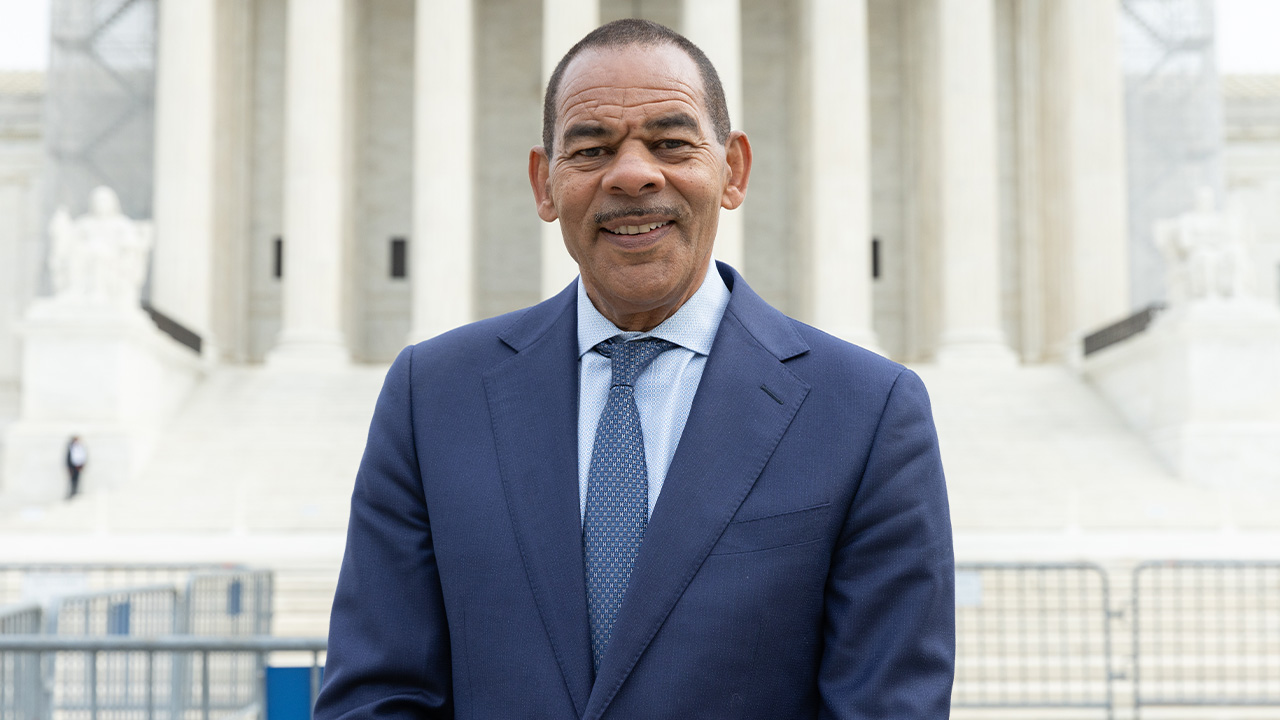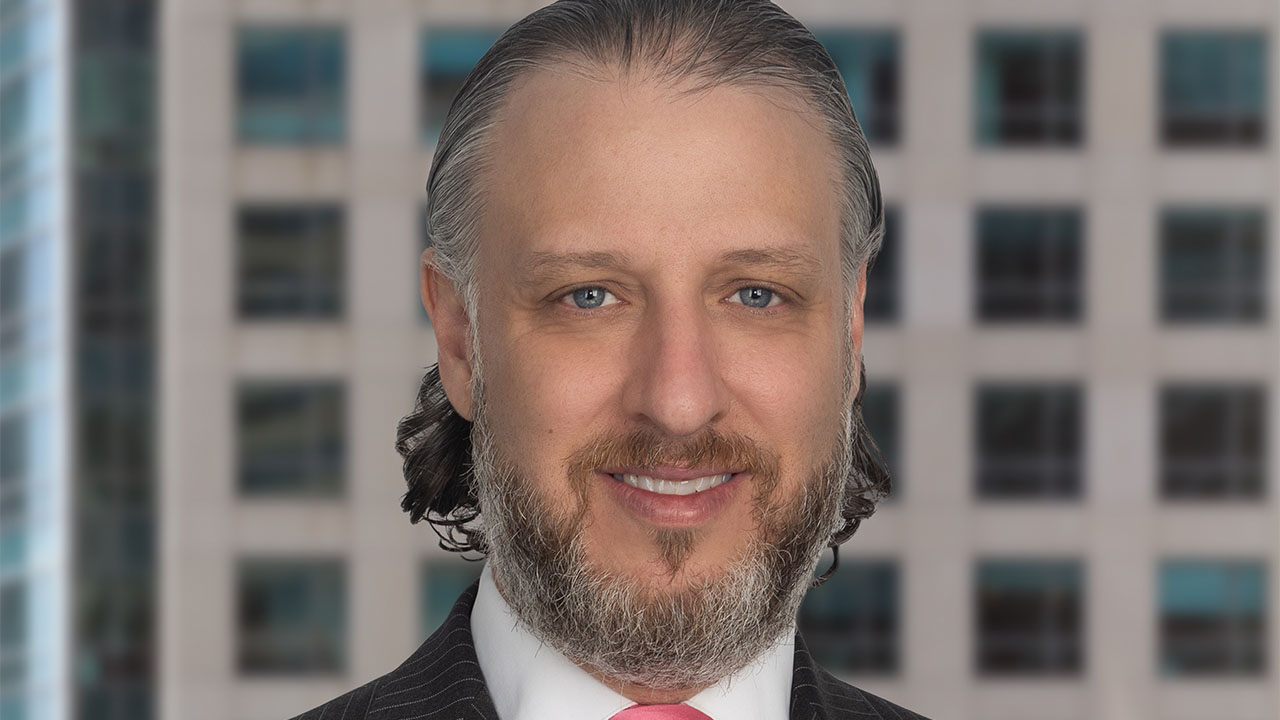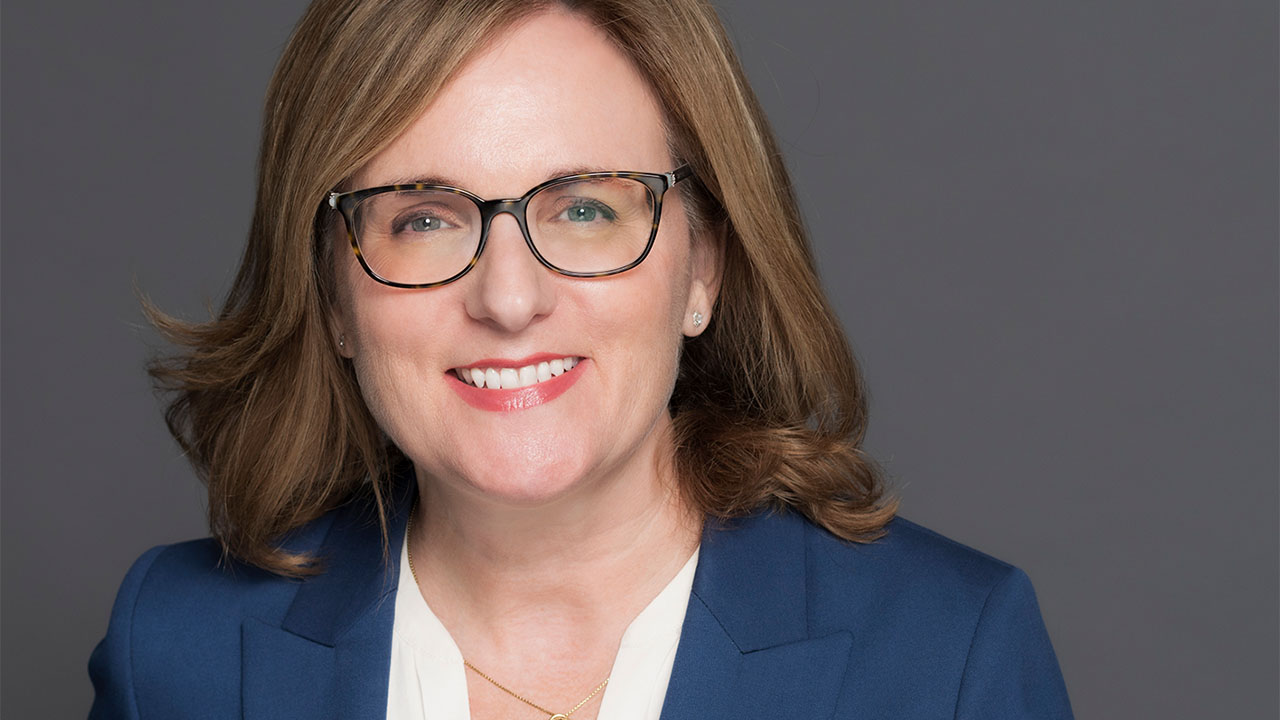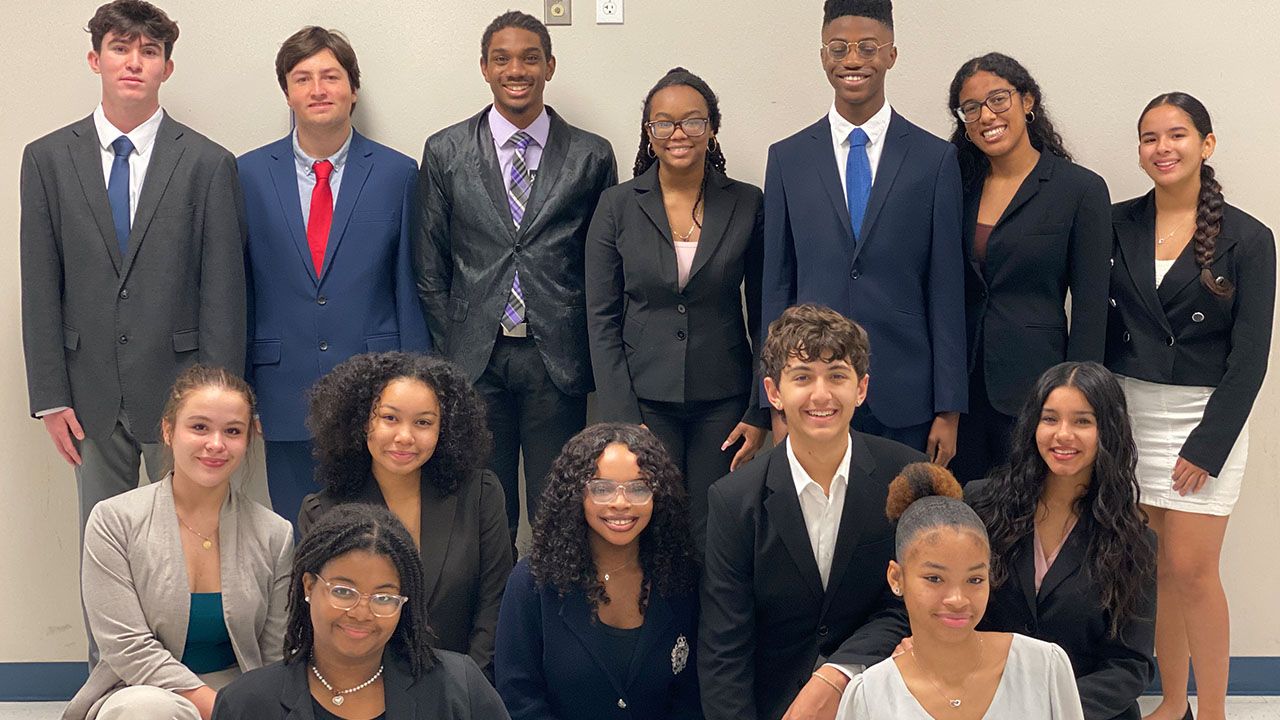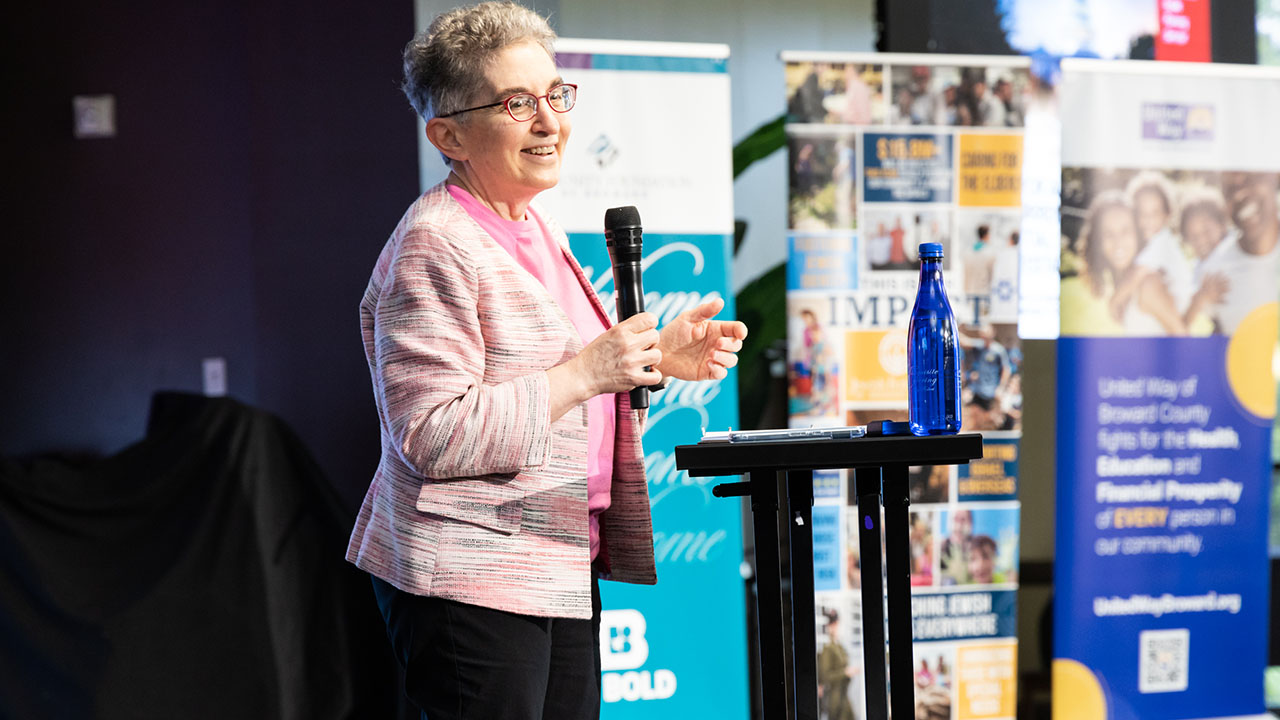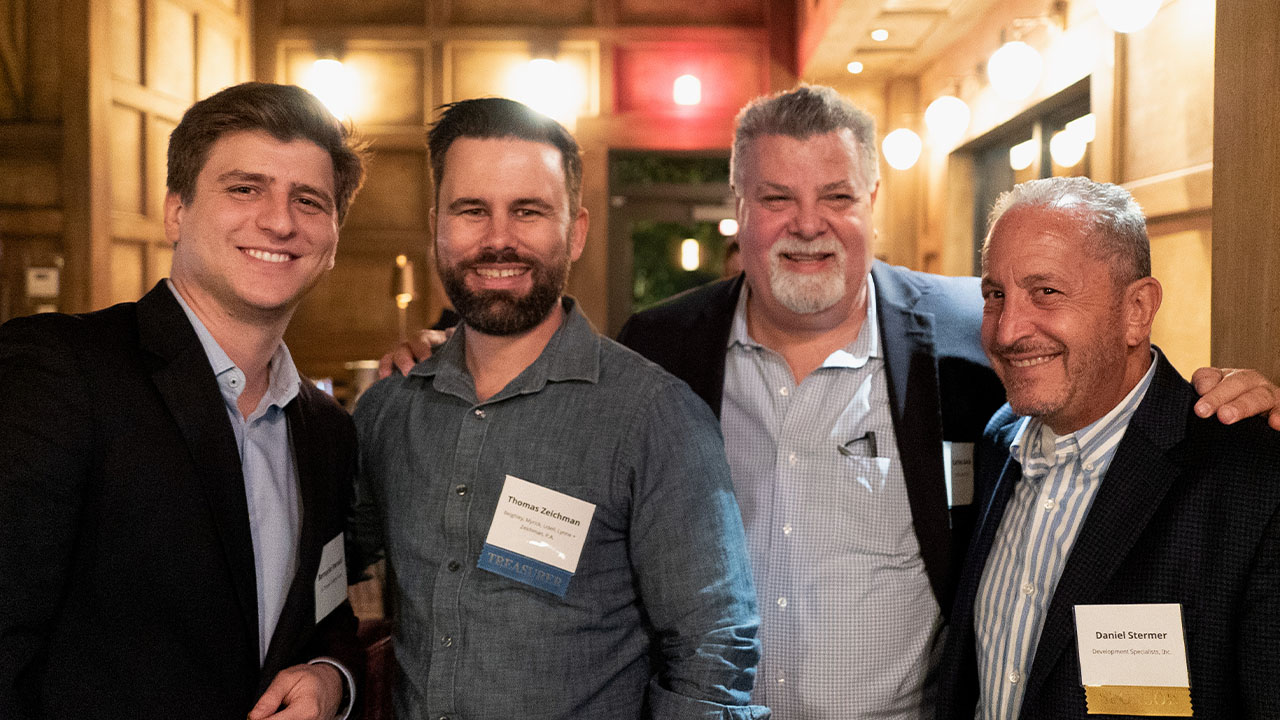By David Lyons
Editor’s Note: This is the first of a new monthly column by the former editor-in-chief of the Daily Business Review.
During the same week in February that President Obama announced he would visit Cuba, Miami attorney Augusto Maxwell of the Akerman law firm visited the Cuban embassy in Washington to discuss aviation and agricultural agreements.
In late January, when Obama announced a new round of loosened commercial and trade regulations with Cuba, the Miami office of Duane Morris conducted a private panel discussion for clients interested in doing business there. Aside from the firm’s own specialists, attorneys appeared from the Madrid-based Lupicinio International Law Firm, including a Cuban lawyer from its Havana office.
And when Florida lawyers traveled to Cuba to discuss the state of domestic legal affairs with Cuban counterparts, Stephen Zack of Boies, Schiller & Flexner was among the visitors. For Zack, the visit was bittersweet. In 1961, at the age of 13, the Fidel Castro government seized his family business and sent family members off to the airport. Now, Zack visits Cuba regularly so he can keep clients informed on developments.
In the wake of Obama’s rapid-fire thaw in relations with Havana, leading to the announcement of the first visit to Cuba by an American president since 1928, Miami area law firms specializing in Cuba are fielding waves of inquiries from U.S. companies and investors who want to know what it takes to deal with Cuba.
The law firms’ advice: Test the waters, but proceed with caution. Despite the normalization of relations between Washington and Havana, the 55-year-old U.S. trade embargo against Cuba remains in place. Only Congress can lift it.
The Cubans sought to liberalize conditions through a foreign investment act that includes tax cuts, tax holidays and arbitration to resolve disputes. But Zack says that doing business in Cuba still means doing business with the government.
“Companies do not have the same legal protections as you have in the United States,” he says. “The government is a
51 percent partner and you are a minority partner. It is not a good position to be in.”
Francisco Cerezo, U.S. head of the Latin America corporate practice at DLA Piper, says the business analysis unfolds this way: “I can do it from a U.S. perspective. Can I do it from the Cuban perspective?” At that point, they go into the third part of the analysis. Assuming all is clear on the U.S. side and all clear on the Cuban side, then what’s the business case? How are you going to monetize all of this? Maybe we won’t make money in the initial years, but there is a strategic value.
“Others do see an immediate opportunity worth pursuing because the numbers make sense,” Cerezo adds.
Yosbel A. Ibarra, co-chair of the Latin American and Iberian practice at Greenberg Traurig, says the firm emphasizes to clients that the embargo remains. “Generally, the first thing we tell clients is that the embargo is very much in place,” Ibarra says. “It’s a very difficult landscape to maneuver in.”
Maxwell says that despite the aggressive rule changes on the U.S. side, “the opening is still quite limited.”
“We’re still at the infancy of the rules that permit U.S. persons to start thinking about the bigger infrastructure projects,” he says.
Lida Rodriguez-Taseff of Duane Morris advises Americans to use one of 12 U.S. travel exceptions to the embargo to build local contacts in Cuba. She noted that Carnival Cruise Lines does this through educational cruises.
“Is Carnival really interested in educating people about Cuba?” she says. “No. But by doing that, that’s how they get in there.”
Other lawyers noted that decades-old legal claims arising from the Castro regime’s confiscation of businesses and property must be resolved as part of any rapprochement.
Jesus Suarez of Genovese Joblove & Battista says the U.S. is seeking to resolve claims pressed by big companies such as Coca-Cola and AT&T, smaller business owners or heirs of owners who “had property nationalized or confiscated, but did not become U.S. citizens until a period of time thereafter.”
“They’ve been damaged by nationalizations,” Suarez says. “The embargo precludes them from having any legal recourse in Cuba.”
A final note: HILARIE BASS LOOKS TOWARD ABA PRESIDENCY
Hilarie Bass, co-president of Greenberg Traurig, is the second South Florida lawyer in recent years to be designated to lead the 400,000-member American Bar Association. She is “nominee-elect” for a presidential term in 2017. The last person to serve was Stephen Zack in 2010. Both agree the legal profession has never been more challenging than it is today. Among the main issues: Most of the nation’s poor have no access to the court system.
“The work of the ABA is tremendously important to the future of the profession and ensuring that the public as a whole has meaningful access to justice,” Bass says. “Right now, close to 80 percent of the people in this country do not have access to legal services. Many of them don’t even know they have a legal problem. Those that do often don’t know how to access legal services and, for many, if they can find a lawyer, they can’t afford to pay for them.”
While it’s early for Bass to establish an agenda, observers can be sure the issue will be a major priority. ¿
David Lyons is a past editor-in-chief of the Daily Business Review. He is principal of Lyons Strategic Communications of Fort Lauderdale.










